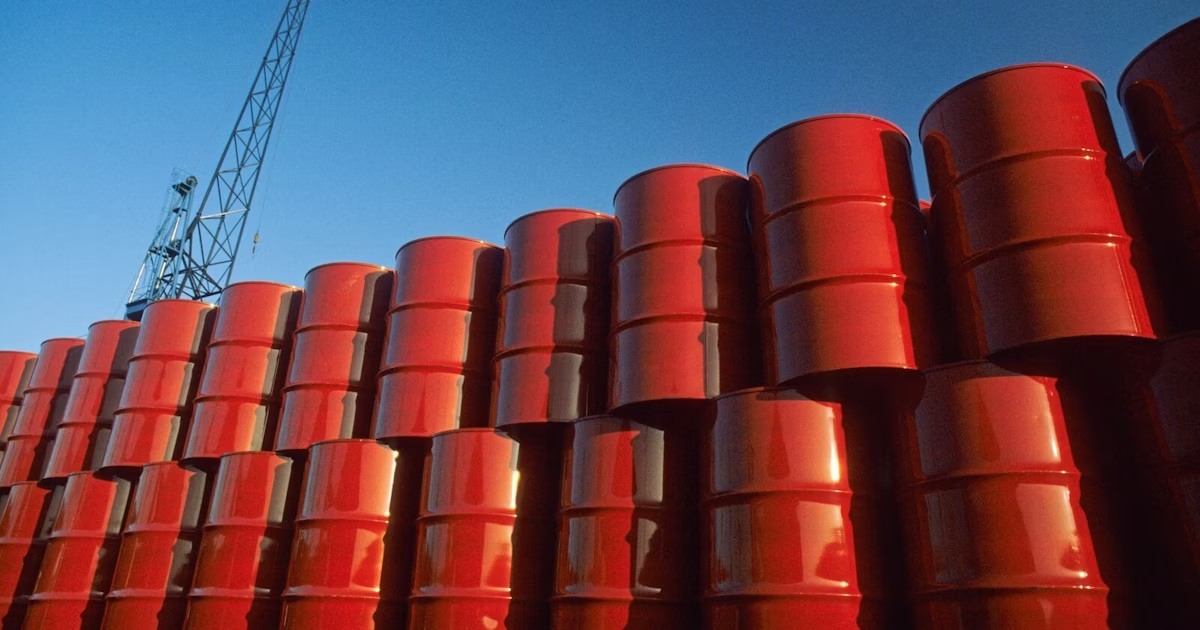JIS K2249 Pour Point Testing of Crude Oil
The JIS K2249 pour point testing is a critical procedure used to determine the lowest temperature at which crude oil and its petroleum products can flow freely under specified conditions. This test is essential for ensuring that fuel oils, lubricants, and other petroleum products meet quality standards and perform reliably in various operational environments.
The pour point is an important parameter because it directly affects the cold-flow properties of a liquid hydrocarbon mixture, which are crucial for its performance during winter months or under low-temperature conditions. Understanding the pour point helps refine processes and improve product quality by ensuring that petroleum products remain fluid at their intended use temperatures.
The JIS K2249 method involves cooling a sample to a specified temperature while continuously agitating it, then observing the first appearance of solidification. The temperature at which this occurs is recorded as the pour point. This test is typically conducted in a controlled laboratory setting using an apparatus that includes a cold bath and an appropriate container for the crude oil.
The procedure outlined in JIS K2249 ensures precision and consistency, making it a reliable method for assessing the cold-flow characteristics of crude oils. It helps manufacturers optimize production processes to achieve higher quality standards while also ensuring compliance with international regulations and industry best practices.
Crude oil pour point testing is particularly important in industries where fuel efficiency and operational reliability are paramount. By accurately determining the pour point, companies can better predict how their products will behave under different environmental conditions, allowing for more effective product design and formulation.
| Industry Applications |
|---|
| Petrochemical refineries |
| Oil exploration companies |
| Lubricant manufacturers |
| Fuel suppliers and distributors |
In petrochemical refineries, knowing the pour point helps in optimizing refinery processes to produce fuels that meet stringent cold-flow requirements. For oil exploration companies, this test ensures that drilling fluids used under low-temperature conditions are suitable for their intended operations. Lubricant manufacturers benefit from this information as it aids in formulating lubricants with better cold-flow properties, enhancing overall product performance and extending service life. Fuel suppliers and distributors rely on pour point data to ensure the integrity of fuel supplies during winter months or cold climates.
- Petrochemical refineries
- Oil exploration companies
- Lubricant manufacturers
- Fuel suppliers and distributors
The JIS K2249 pour point testing is a vital tool for the oil and gas sector, contributing significantly to the quality assurance of petroleum products. It plays a crucial role in ensuring that these products perform optimally under various conditions, thereby enhancing operational reliability and safety.
Industry Applications
The JIS K2249 pour point testing finds extensive use across multiple sectors within the oil and gas industry. Petrochemical refineries rely on this test to optimize their refining processes, ensuring that fuels produced meet cold-flow requirements set by regulatory bodies and customer expectations.
- Petrochemical refineries
- Oil exploration companies
- Lubricant manufacturers
- Fuel suppliers and distributors
In oil exploration, pour point testing is critical for selecting appropriate drilling fluids that can perform effectively in low-temperature environments. Lubricant manufacturers use this test to formulate products with enhanced cold-flow properties, ensuring better performance under various conditions.
Fuel suppliers and distributors benefit from accurate pour point data to ensure the integrity of fuel supplies during winter months or cold climates, thereby maintaining operational reliability and safety across different regions.
Eurolab Advantages
At Eurolab, we bring unparalleled expertise in JIS K2249 pour point testing to ensure that your crude oil meets the highest quality standards. Our state-of-the-art facilities and experienced technicians provide accurate and reliable results every time.
We offer a comprehensive range of services tailored to meet your specific needs, from initial consultation to final report delivery. Our team is committed to delivering precision and consistency in all our tests, ensuring that you receive the most accurate data possible for making informed decisions about your products.
Our advanced equipment and rigorous quality control measures guarantee that each pour point test conducted at Eurolab adheres strictly to JIS K2249 specifications. This ensures compliance with international standards and industry best practices, giving you peace of mind knowing that your crude oil is being evaluated under the most stringent conditions.
By choosing Eurolab for your JIS K2249 pour point testing needs, you can trust in our commitment to excellence and reliability. We are dedicated to helping you achieve optimal product performance through precise testing and thorough analysis.
Environmental and Sustainability Contributions
The determination of the pour point using JIS K2249 is not only crucial for ensuring the quality and performance of crude oil and petroleum products but also plays a significant role in environmental protection and sustainability. By accurately assessing cold-flow properties, this test helps minimize waste generation during production processes by allowing manufacturers to refine products more efficiently.
Moreover, understanding the pour point aids in selecting appropriate lubricants for machinery operating in harsh environments, reducing energy consumption and wear on equipment. This leads to lower maintenance costs and extended operational lifetimes of devices used in various applications.
In terms of fuel suppliers and distributors, knowing the exact pour point ensures that fuel supplies remain consistent throughout different seasons, particularly during colder months when demand for heating oils increases. This promotes more efficient resource utilization and reduces environmental impact associated with transportation and storage.
Our commitment to sustainability extends beyond our laboratory operations; we actively participate in initiatives aimed at reducing carbon footprints through improved product performance and lifecycle management strategies. By leveraging the insights gained from JIS K2249 pour point testing, Eurolab contributes positively towards creating a more sustainable future for the oil and gas industry.





